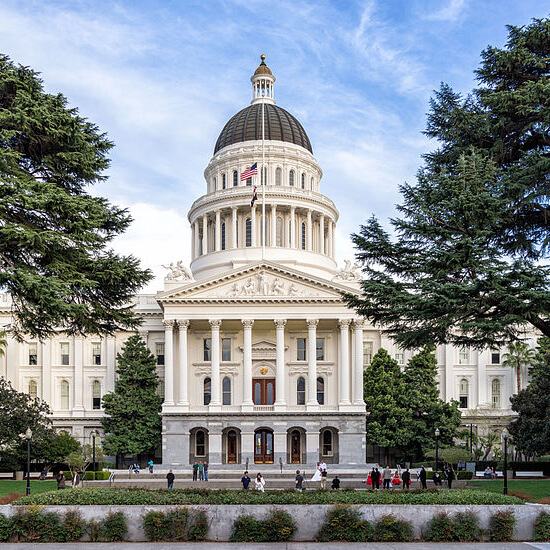Sonoma County and every local jurisdiction in the State of California finds itself in a peculiar situation. At the same time this typically “Blue” state is focused on thwarting the effort of the GOP to implement its autocratic Project 2025 plan, Sacramento has relentlessly pursued its own anti-democratic agenda by stripping local jurisdictions of their discretionary powers of approval over housing, land use and potentially to draw their own Severe Fire Hazard maps.
A legislature dominated by the Democratic Party has successfully joined forces with our Democratic Governor to shift local control to centralized State of California decision-makers, and we are dismayed. It’s as if the powers in Sacramento have decided they absolutely know what’s best for every jurisdiction in the state; instead of trusting in voters and their locally elected representatives, the legislature and the governor are accruing decision-making power over an increasingly long list of activities that historically have been regulated by local authority.
The tendency of the government to go overboard in telling people what to do has always been a risk to democracy. This tendency is not isolated to one party; excess in controlling the levers of power is a human frailty shared by both Republicans and Democrats. Yet, as the laws of physics dictate, political actions in one direction produce equally strong reactions in the opposite direction. Unfortunately, this forces the public to swing back and forth between policy extremes, turns political difference into political warfare, and increasingly polarizes society.
Just as America has become polarized, so too will California if the democratically controlled government continues to act as if it knows everything and imposes its will on every jurisdiction. At some point in time the tables will turn, and once again the populace will reel from the impact.
In 2023 alone, the California legislation passed 53 housing-related measures, and the frenetic pace has continued in 2024. Often, the language and definitions in these measures conflict with one another; it’s as if nobody in Sacramento is reading the bills before passing and signing them. This forces local jurisdictions that must follow the law to find a way to resolve conflicts and ambiguities, adding substantial time and expense to the local regulatory process. Ultimately, the job of sorting all this out falls to the courts, where even more public money gets spent. It’s wasteful and unfair.
It’s obvious to us that unless campaign finance reform takes the money out of state legislative races, little is going to change. Democracy can’t work well when legislation reflects the will of political contributors instead of the will of voters. Unfortunately, the will of voters means less and less in California as the expense of elections and campaigns reaches stratospheric heights. Money, obviously, talks far louder than votes.
It’s time for Sacramento to take a step back and stop dictating an endless stream of rigid policies to cities and counties in California. Regional differences need to be respected and understood. Not every place in California is the same, culturally or geographically, and local history plays a part in how decisions are made, too. Sacramento has no crystal ball or magic power giving it access to absolute truth. Its recent actions are arrogant, and improperly usurp the will and wisdom of local voters and their elected representatives.
Sonoma Valley Sun Editorial Board






Amen. ( and/or its agnostic equivalent.)